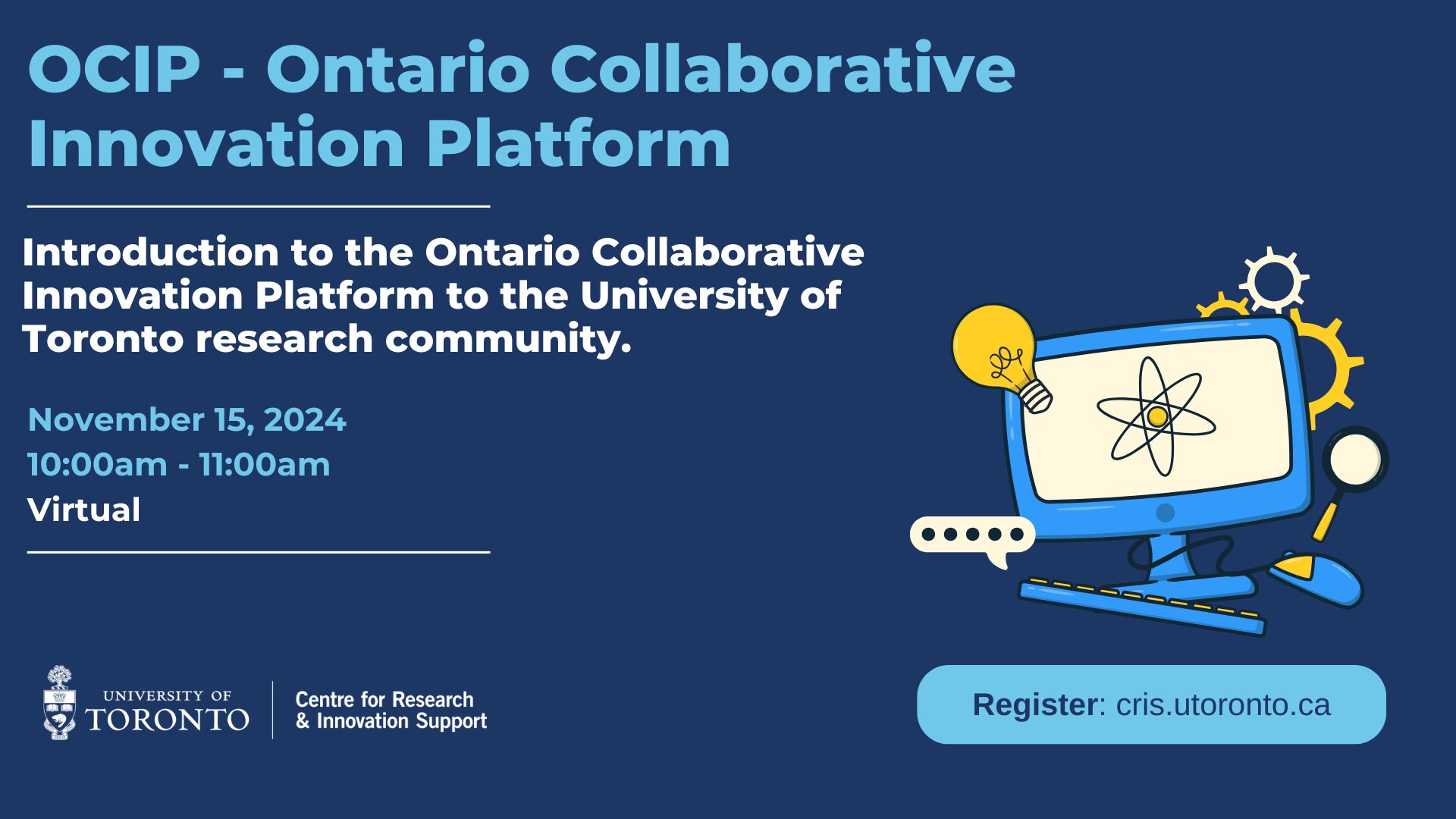Researching your Business Model Canvas
Working on a business idea? The Business Model Canvas is an alternative to a long, wordy business plan used by startups around the world. It's a great way to summarize all the key elements of your product or service in a single page. It’s also a great tool to make sense of exactly what information […]




